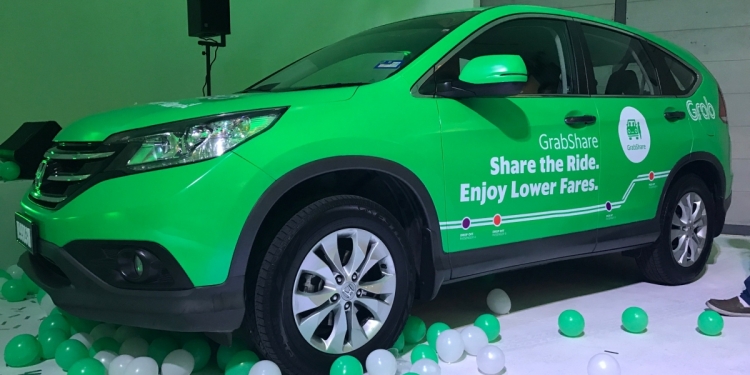“If they don’t have PSV, they (the e-hailing drivers) are subject to enforcement,” transport minister Anthony Loke told reporters today at KL Sentral when responding to a question on whether there will be an extension for e-hailing drivers to get the Public Service Vehicle (PSV) licence.
Grab and other e-hailing drivers will be required to register for Public Service Vehicle (PSV) licence similar to taxi drivers starting January next year.
The drivers would be given until July 12,
“Don’t give us excuses that it’s hard. We’re making it very easy. If you’re earning a few thousand ringgit and you are not willing to
The minister was at KL Sentral to officiate the launch of RapidKL’s unlimited-ride monthly pass earlier today.
A PSV licence is a type of vocational driving licence that allows the holder to drive any type of commercial vehicle used for paying passengers such as taxis and busses. In Malaysia, a PSV license costs RM115/year. It
In addition, drivers will have to attend a special 6-hour course at designated driving institutions prior to obtaining the PSV license. The special course is an additional RM200.
We are not siding with any parties
Transport Minister, Anthony Loke
“We are not siding with any parties. The taxi drivers are gunning me, why we are not enforcing the same rules? So we are enforcing the same rules right now. We want to make it a level playing field. What the taxi drivers have to go through, the e-hailing drivers will have to as well,” the minister explained.
In July this year, the ministry of transport had announced a number of new rules regulating e-hailing services like Grab including drivers requiring PSVlicences and annual vehicle inspection at Puskpakom. Drivers would also have to pass criminal background and medical checks.
Also, cars that are used for e-hailing will need to have a minimum three-star ASEAN NCAP rating (most local cars are four stars and above), and cars over three years old must be inspected at Puspakom for
Expectedly, e-hailing drivers are not happy with the decision saying that it is not necessary for them to be regulated under the same rules as taxi drivers. According to The Star Online, some have even threatened to protest by quitting come June 2019, one month before enforcement kicks in.
Being regulated under the same rules as taxis drivers can be beneficial. For customers, it means a potentially safer ride but on the other side, there is the question of who will bear the additional cost. Will it be the e-hailing companies, the drivers or will the cost go to the consumer?
Of course, in an ideal situation, the popular consensus is for the e-hailing company to bear the cost but with potentially thousands of drivers on their roll, this cost can add up.
So, would drivers want to bear the cost? While you can earn thousands of ringgit being an e-hailing driver, the challenge of keeping cost slow is a real one. Drivers have to foot the bill for maintenance and fuel while e-hailing companies take up to a 25% cut of their earning – being a driver can earn you a living but it’s not an easy one.
And that leaves the passengers to bear the cost, if you’re a passenger, are you willing to accept a hike in ride fares?








